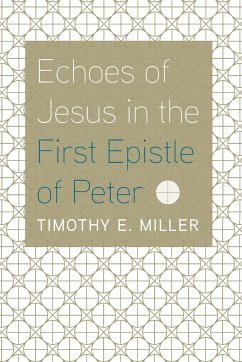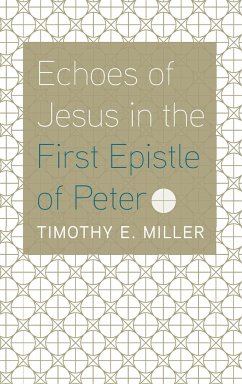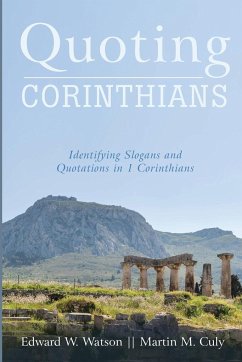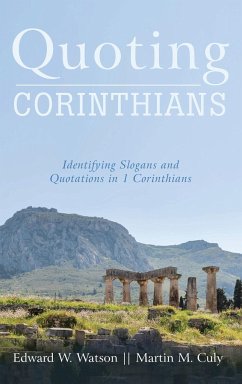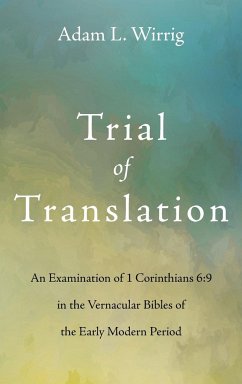Living as an alien in one's native land is a familiar reality to marginalized communities. Cultural, economic, and political shifts can cause people to become alienated by a system of greed, racism, sexism, xenophobia, and media manipulation. How can Christians persist under a sustained threat within a social order diametrically opposed to them? This question drives Warner Bailey's investigation of 1 Peter. The mature Christology of 1 Peter yields a profile of Christian identity. This picture is funded by texts from the Book of the Twelve (Hosea-Malachi) and is counter-intuitive, in that it is able to create new initiatives for behavior that offer hope for redemption in the midst of oppression. Bailey explores how 1 Peter has been used in shaping the life of modern ""aliens,"" such as Dietrich Bonhoeffer, living in his own country under the oppression of Nazism, and feminist, black, immigrant, and LGBTQIA+ readers. Placing 1 Peter within the crisis in U.S. political and economic life opens up fresh implications for faithful ecclesiastical practice and personal witness.
Hinweis: Dieser Artikel kann nur an eine deutsche Lieferadresse ausgeliefert werden.
Hinweis: Dieser Artikel kann nur an eine deutsche Lieferadresse ausgeliefert werden.



